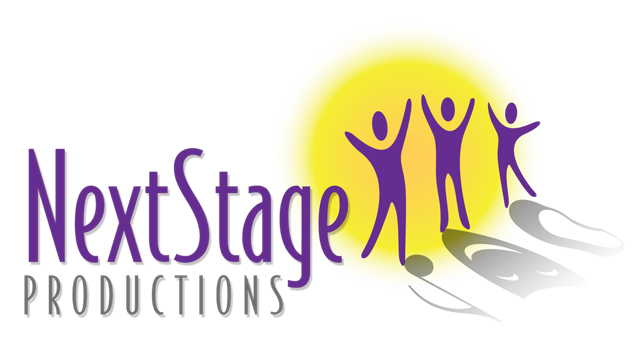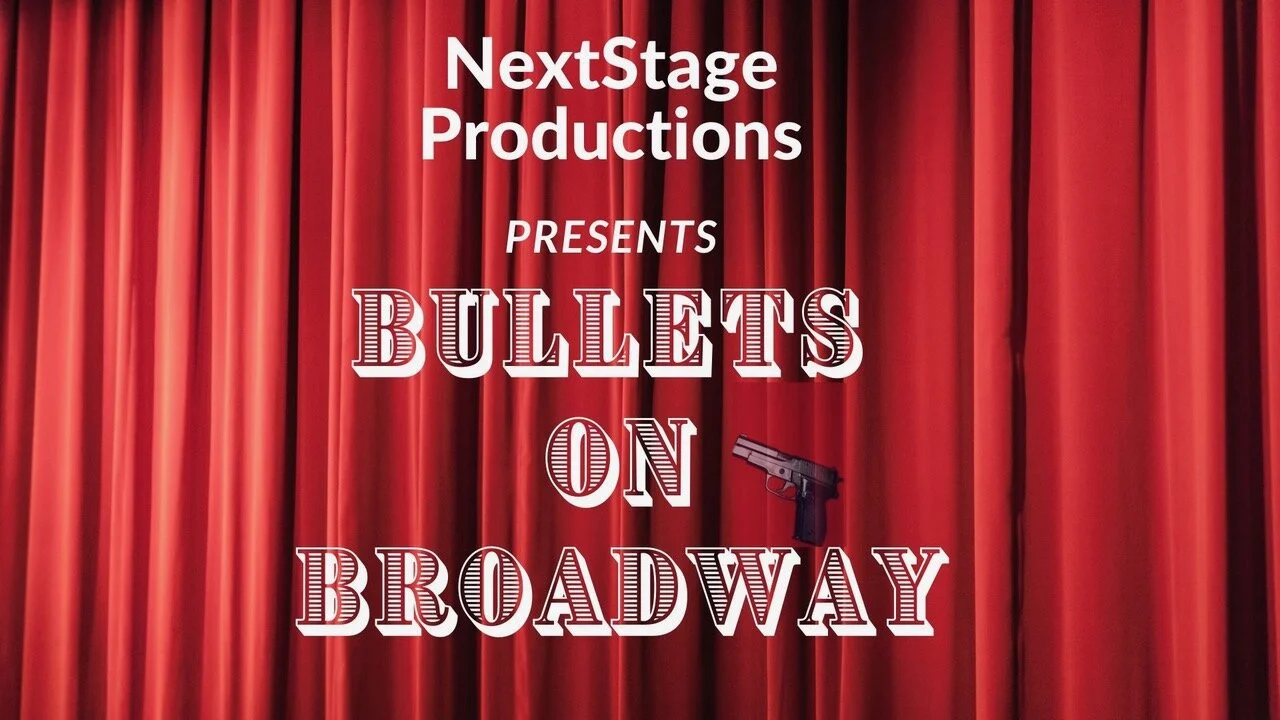The latest work on arts and aging shows the benefits of creative engagement
October 3, 2016
By Heidi RaschkeLiving & Arts Editor
Part of the ARTFUL AGING SPECIAL REPORT
I was fortunate enough to attend the National Center for Creative Aging conference in Washington, D.C., last week. The theme was “Global Perspectives on Creativity and Aging,” and it was truly an international crowd coming together to talk about the importance of artistic and creative endeavors to combat ageism and help people stay vital and connected as they age.
Experts from around the world spoke about how creative endeavors —storytelling and singing, weaving and dancing and painting and poetry — make people’s lives better as they grow older and deal with the challenges of aging. This artistically minded group of individuals told stories, recited spontaneous poems, played music and even got the crowd dancing (I’ve never seen a conga line break out before noon until now) to prove their points. But they also presented compelling evidence to reinforce the many stirring anecdotes they shared.
Participants in creative aging programs in Taiwan had lower rates of loneliness and depression, higher morale and improved hand dexterity.
These are just a few of the insights I gleaned:
1. The need to engage older adults is great and the benefits are clear.
Peishan Yang, a professor at National Taiwan University who is known as “the Dr. Gene Cohen of Taiwan,” reported the results of the History Alive and Legacy Art Work performance and art-making programs that have served more than 60,000 older adults in her country since 2005.
Participants had lower rates of loneliness and depression, higher morale and improved hand dexterity. In addition, participants found that having new social roles because of the programs led to improved mood and confidence, better family relationships and in some cases even increased income.
To underscore the importance of serving an aging population in her country, Yang told me after her presentation about a dramatic shift taking place in Taiwan, where a low birth rate and increased life expectancies have meant the closure of schools and an increased need for facilities for older adults. “You have to come to Taiwan to see it,” she said. “There are no babies in the streets.”
2. There’s a big socioeconomic divide in arts participation.
In a series of fascinating charts on memory performance, executive function performance and personal health, data scientist LinChiat Chang demonstrated the dramatic benefits of arts participation for adults in lower socioeconomic groups. Those who do so, she concludes, “are performing much better than their peers on multiple wellness metrics.”
Meanwhile, she pointed out “a clear chasm” in the U.S. between low-income and high-income households when it comes to arts participation. Her conclusion: “In short, creative aging is a social privilege in the U.S.A.”
3. It’s important to get personal.
Karsten Klein, deputy mayor of The Hague in the Netherlands, gave an overview of how his city has been transformed since joining the WHO Global Network of Age-friendly Cities and Communities. Welfare workers or volunteers personally visit all residents over age 75 to learn their biggest concerns and what makes them happy. Before, he told me, someone might say they needed extra housekeeping services when the problem was really loneliness or a lack of purpose — problems not solved by housekeeping but by activities that engage them socially and creatively.
When I asked him and Elderly Care and Welfare Policy Advisor Elisabeth De Vries how they were evaluating effectiveness, they said they were interviewing each older adult. “You have to go to the individual level,” he said.
4. History matters.
Raquel Stephenson, associate professor at the Lesley University in Cambridge, Mass., told of her surprise when art therapy techniques she’d used successfully in the U.S. didn’t work in Estonia — even though the people belonged to the same generation. She eventually realized that understanding someone’s personal and cultural history is crucial to engagement in the arts.
To demonstrate, she asked those in attendance to consider the significant historical moments — both public, such as 9/11, and personal, such as a death of a family member — as well as cultural and aesthetic experiences that shaped us. At my table, we had a boomer, a Gen X’er and a Millennial — and our answers were dramatically different.
5. Hearing is crucial to brain health.
Nina Kraus, who runs the Auditory Neuroscience Laboratory at Northwestern University, showed the impact of hearing loss on brain health. “Hearing loss will speed up cognitive aging,” she said, pointing out how we take sound for granted because it, like gravity, is invisible. Her research points out the importance of feeding our brains what she called a “healthy diet in sound.”
That includes music. “If you have played music throughout your life, you have a brain that looks biologically younger,” she said.
And listening isn’t enough. You have to participate.
“You’re not going to get physically fit watching sports,” she said.



